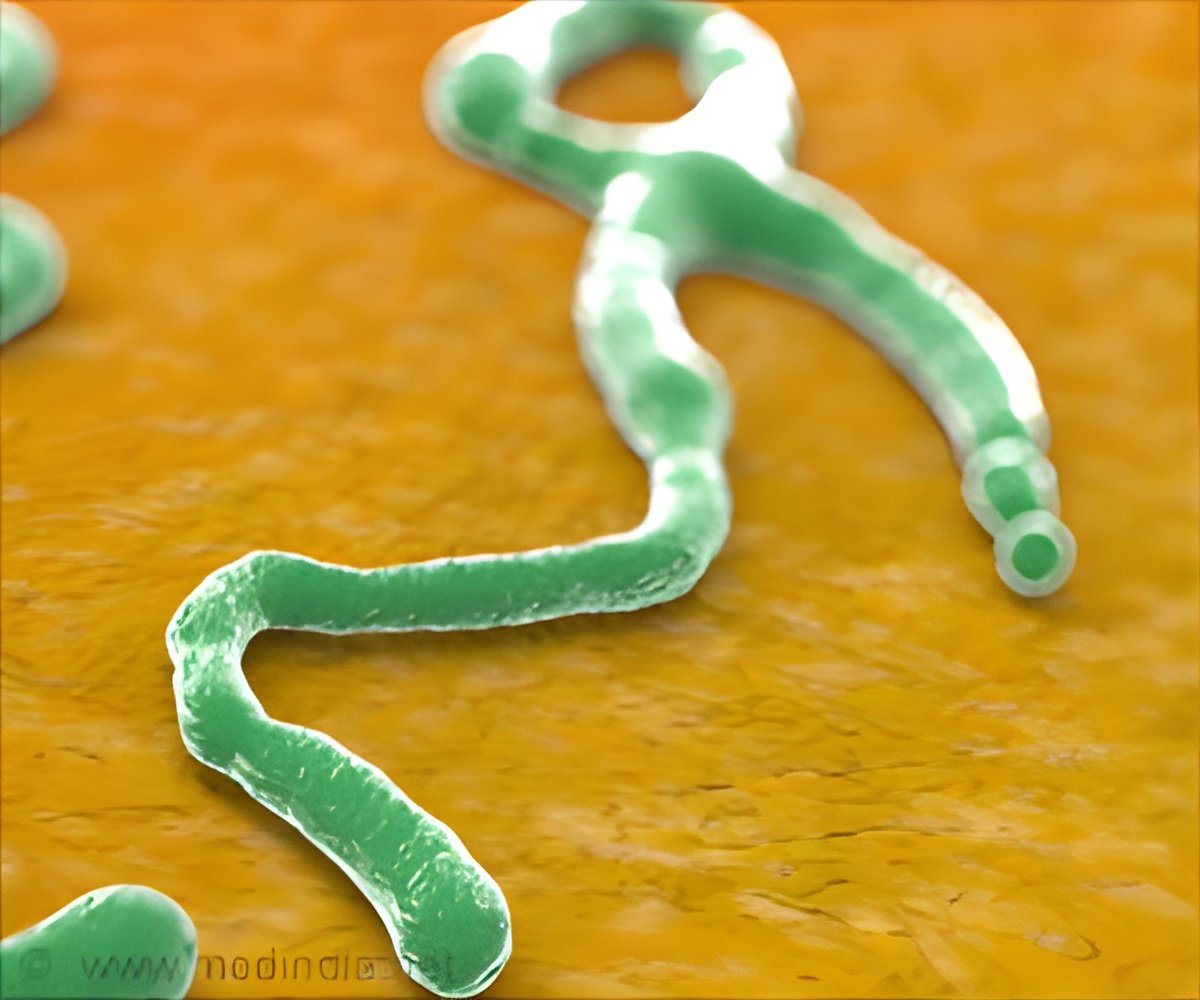A volunteer nurse who is of British origin was in a critical condition on Sunday, after she contracted Ebola.

"The condition of Pauline Cafferkey has gradually deteriorated over the past two days and is now critical," the Royal Free Hospital said in a statement.
On Wednesday, doctors had said the 39-year-old Scot, who had been working with the charity Save the Children in Sierra Leone, was sitting up in bed, reading and talking to staff from inside her isolation tent in the hospital.
They said Cafferkey had agreed to be treated with blood plasma from an Ebola survivor, containing virus-fighting antibodies, and also take an experimental anti-viral drug.
Cafferkey was volunteering at a British-built treatment center in Kerry Town, not far from Sierra Leone's capital Freetown, when she contracted the deadly virus.
British Prime Minister David Cameron told BBC television that Ebola was "certainly the thing uppermost in my mind today with Pauline Cafferkey in hospital", and all of us are thinking of her and her family.
Advertisement
Expert microbiologist Professor Hugh Pennington said Cafferkey would need luck to survive the deadly virus, which experts still do not fully understand.
Advertisement
Medical professionals have been particularly affected by the worst Ebola outbreak on record. Out of 678 healthcare workers known to have contracted the virus, 382 have died.
'World must fight virus'
The Ebola outbreak has killed more than 7,900 people out of around 20,300 cases, according to the World Health Organization.
Almost all the deaths and cases have been recorded in the three west African countries worst hit by the outbreak: Sierra Leone, Liberia and Guinea.
Ismail Ould Cheikh Ahmed, the new head of the UN Mission for Ebola Emergency Response, said the world had no choice but to beat back the disease, as he arrived in the Ghanaian capital Accra to assume duty.
"This is a global crisis. We definitely have a difficult time ahead of us, but we can achieve it," he said.
"We have no plan B"; we have to get rid of this virus. This is within our reach, but we should not be complacent.
"We need to keep going until we don't have even one case, because even one case is too many," he said.
"The work ahead remains very hard but we really have no other choice."
Ahmed will be visiting Liberia and Sierra Leone this week, and Guinea shortly after.
Ebola can fell its victims within days, causing severe fever and muscle pain, weakness, vomiting and diarrhea. In severe cases it shuts down organs and causes unstoppable bleeding.
The virus is spread through direct contact with the bodily fluids of an infected person, meaning people caring for the sick are particularly exposed.
In the United States, a US healthcare worker who has been in Sierra Leone was to be placed under close observation at a Nebraska hospital after high-risk exposure to the Ebola virus.
The unnamed patient was to arrive on Sunday aboard a private air ambulance.
"This patient has been exposed to the virus but is not ill and is not contagious," said Phil Smith, medical director of the Biocontainment Unit at Nebraska Medicine.
"However, we will be taking all appropriate precautions."
Meanwhile in Swindon, southwest England, a patient with a history of travel to west Africa tested negative for Ebola.
Source-AFP











